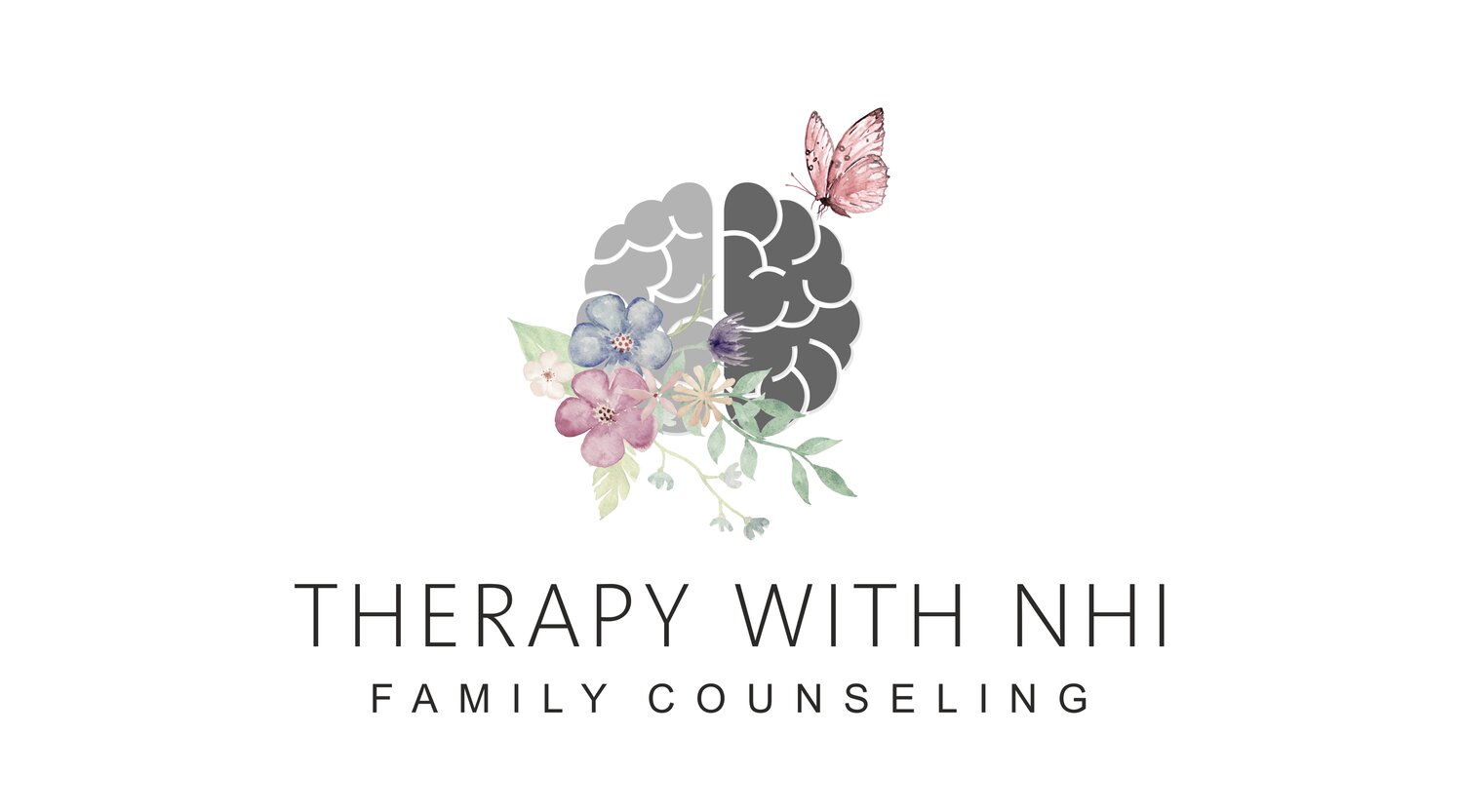Change & Life Transitions
The decision.
Life is marked by a series of inevitable transitions—stages we all encounter as we age. Whether it’s a move to a new home, a shift in career, the arrival of a new relationship or family dynamic, or even the loss of health or independence, change is an inescapable part of the human experience.
While change often brings growth, it can also stir up intense emotions, like anxiety, fear, or uncertainty. Change can feel unsettling and overwhelming. I invite you to lean into that discomfort, as difficult as it may be, and explore what the anxiety is truly signaling. There’s meaning in those emotions if we’re willing to listen.
Ultimately, you hold the power to decide how you want to move through these transitions. What path will you choose to navigate this change?
The reframe.
Milestones are a natural part of human development, serving as markers of growth and readiness for the next chapter—whether it’s crawling, walking, graduating, starting a career, entering a relationship, or building a family. Each milestone represents a transition to a new phase of life.
As we move from one stage to the next, it’s common to wonder, “What’s next?” This question can often feel overwhelming, as it prompts us to face the unknown. Instead of focusing solely on what comes after, perhaps it’s more meaningful to ask yourself, “How do I want to be remembered?”
The time.
Transitioning involves adapting to new circumstances, and it’s a deeply personal process that takes time. Whether it’s a shift in life roles, a change in environment, or a new phase of growth, the process of adjustment is essential for integration and healing. During this time, it’s normal to experience a range of emotions—excitement, uncertainty, stress, or even resistance—each of which plays a role in helping you make sense of the changes occurring.
The duration of this adjustment period isn’t something that can be measured by a universal standard. It will differ from person to person, depending on the individual’s resilience, past experiences, and the nature of the transition itself. What’s most important is honoring your own pace, trusting that each step, no matter how small, is part of the process of growth.
The exploration.
Therapy offers a unique space to explore your values and uncover what you find most meaningful in life. It can serve as a sanctuary where you build or strengthen your awareness of what you want to achieve, and how you wish to be remembered. Emotions play a vital role in this process, as our emotional responses are deeply authentic and often carry important messages for us.
What messages might they hold? Let’s embark on this journey of curiosity together, and discover the deeper insights your emotions are guiding you toward.




